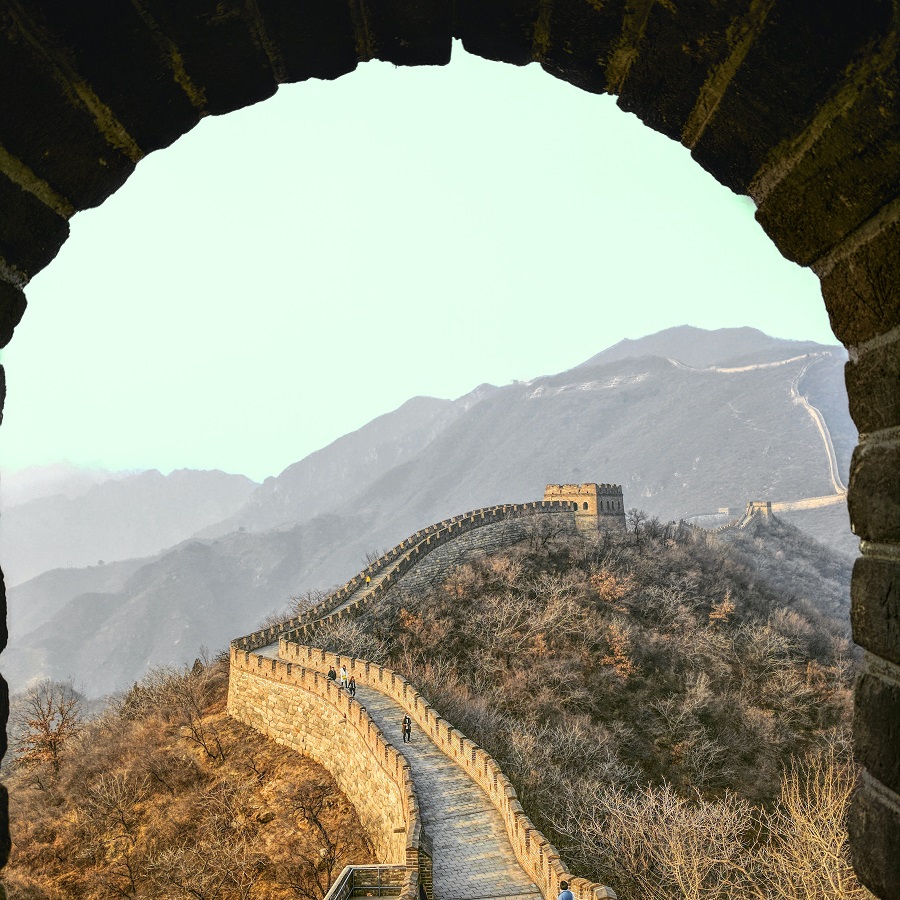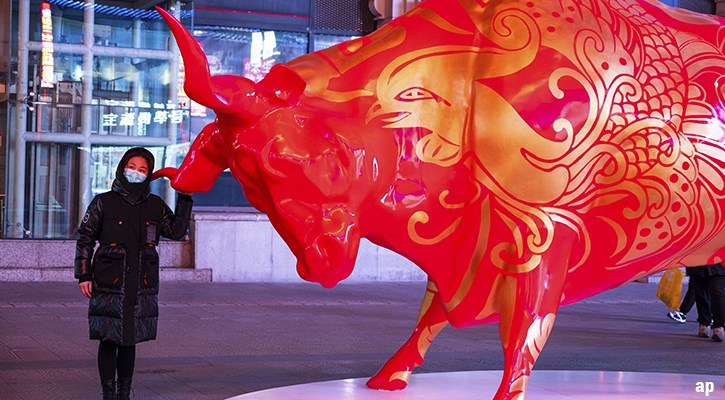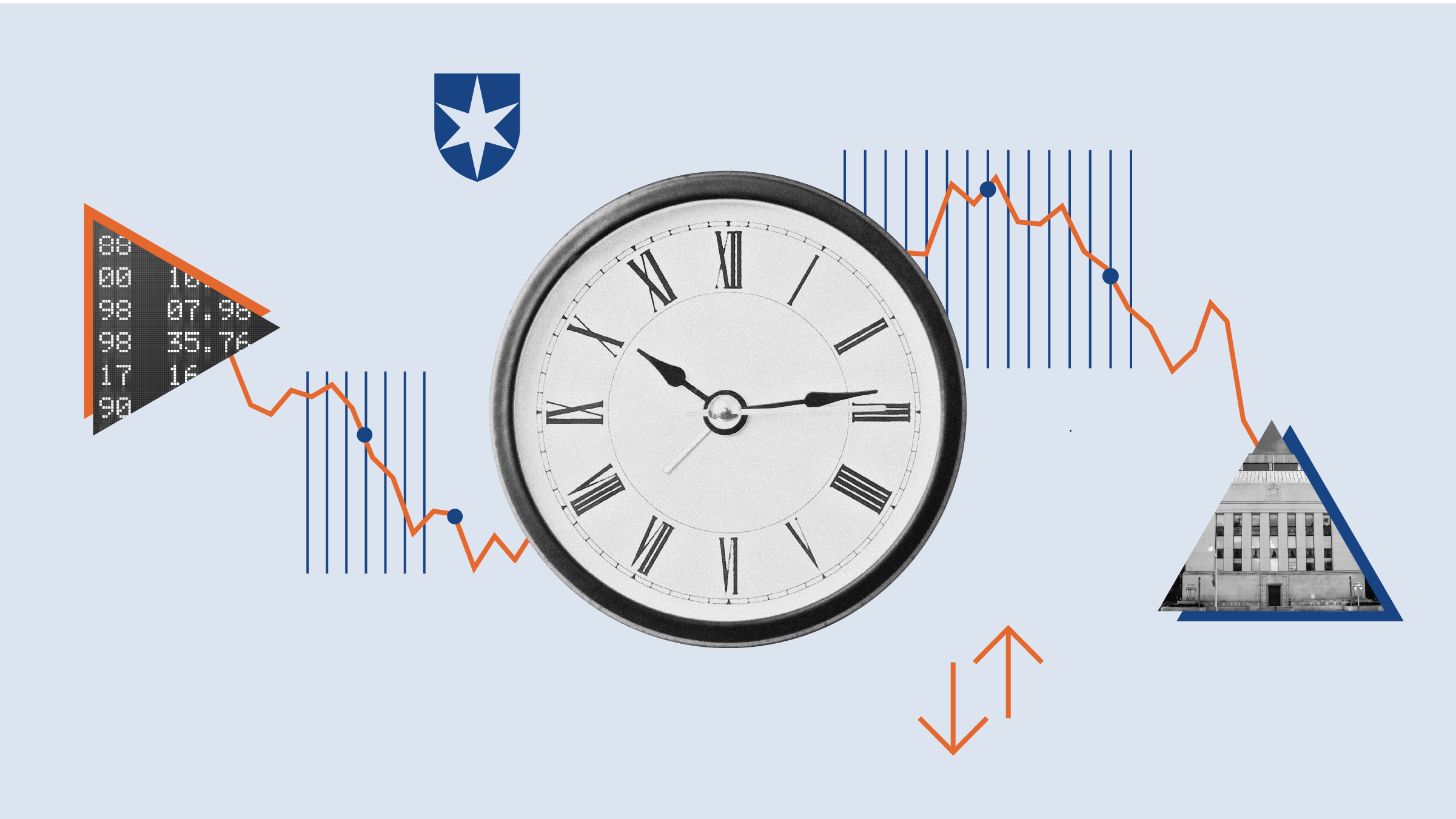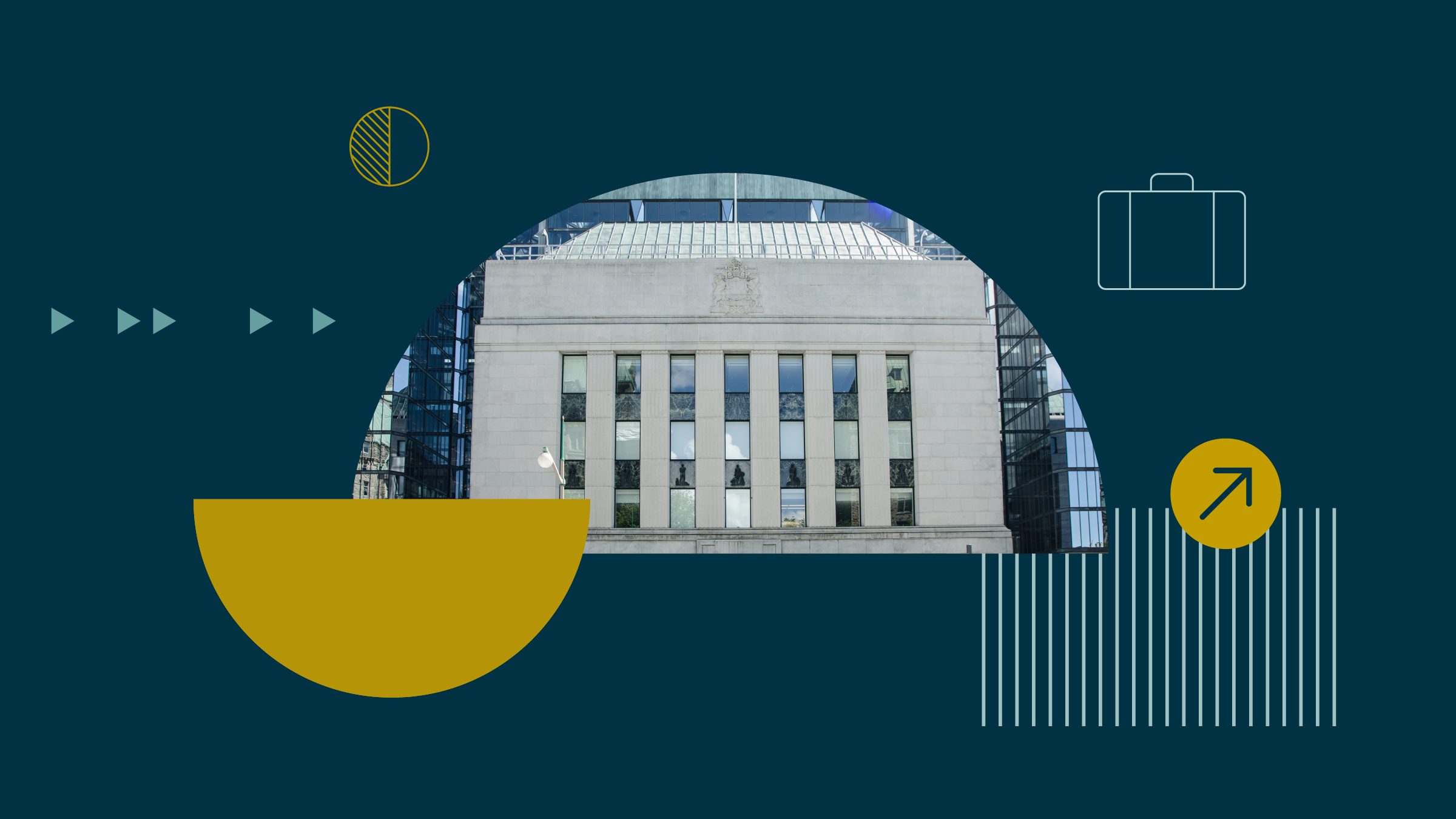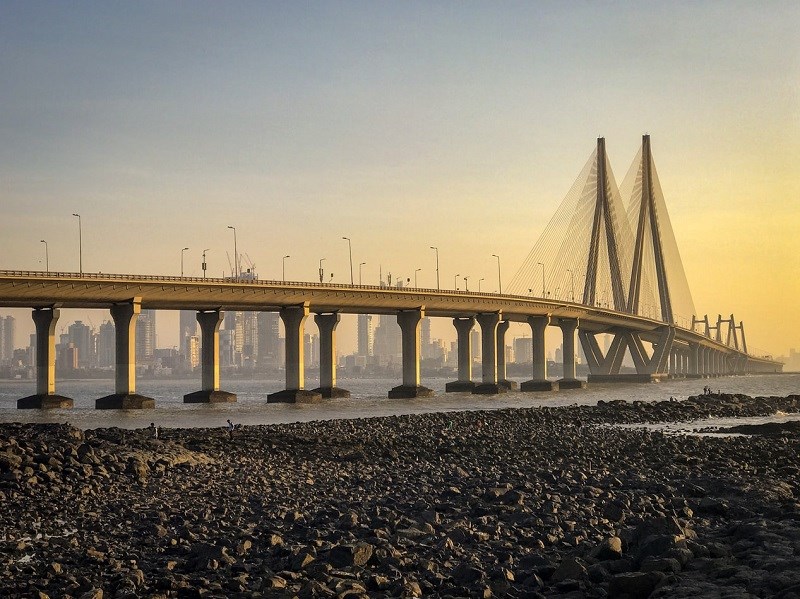
If you’re an investor with a long-term view and can weather volatility, valuations in emerging markets look really attractive, according to Laurence Bensafi, deputy head of emerging markets equities at RBC Global Asset Management (UK) Ltd.
“Compared to developed markets,” says Bensafi, “valuations today trade at a discount of about 25%, which is one of the highest discounts that we’ve seen. Over the past few years, developed markets, especially U.S. equities, have been outperforming emerging markets. But over the long term, we still feel emerging markets are a good place to invest.”
Bensafi is one of 10 investment managers that contribute to the five-star rated RBC Emerging Markets Equity fund, led by Philippe Langham. Characteristically the fund is concentrated in approximately 50 of the highest-quality, growth-oriented companies.
Five big themes to watch
The mandate positions itself to manage risk by focusing on five big thematic plays; health and wellness, financial, digitalization, domestic consumption and infrastructure. Bensafi says it’s important to be diversified across five big themes, as well as sub-themes. For example, in infrastructure, sometimes the sector will slow down during a financial crisis, even when there’s a secular need.
Health and wellness continue to be a prominent theme in the portfolio. According to Bensafi, there will be more money spent on health care in the coming years in emerging markets. Among the top holdings, Clicks Group Ltd. (N1C), a pharmaceutical chain in South Africa is favoured for growth in this area. “In South Africa,” says Bensafi, “there is a really big need for more health care spending, and in general, more spending in beauty products and general toiletries.” Clicks meets the criteria of a very well-organized company with high cash flow from investments so they can expand every year and grow robustly. “South Africa is going through a very tough time,” says Bensafi, “but Clicks continues to deliver excellent numbers and take market share because of the quality of the management, the strength of the franchise and its strong stability.”
Another holding, Dr. Reddy’s Laboratories Ltd. (RDY), a pharmaceutical company that offers generic drugs, based in India, is an example of a secular trend globally. “Everywhere,” says Bensafi, “governments struggle with the cost of health care; they’re just too expensive as the population ages. Generic companies, such as Dr. Reddy’s, are doing very well – and have been grabbing a lot of market share, with low-production costs.”
Indian mortgages making double-digits returns
In the financial area, one of the top holdings is Housing Development Finance Corp. Ltd. (HDFC), based in India, held since the beginning of the portfolio. “HDFC,” says Bensafi, “is a bank as well as the biggest mortgage lender in India. India is very underpenetrated when it comes to mortgages. Mortgages represent only about 7% of GDP wherein developed markets it ranges between 50% to 100%, so we’re going to see years and years of growth of mortgages in India.” As well, HDFC benefits from low-cost spending through deposits and is very profitable, growing at about 20% a year.
In the technology sector, Taiwan Semiconductor Manufacturing (TSM), based in Taiwan, represents the biggest weight in the mandate. “The semiconductor industry,” says Bensafi, “is obviously booming globally and the need for semiconductors is exponentially growing. More and more semiconductors are being used in all Net-connected objects, in your smartphone, your car, your fridge and products of the future. TSM is by far the biggest player in the field, they’re generating really high margins, the franchise is really one of the best, and the barriers to entry are huge.”
During the disciplined research process, the qualitative and quantitative analysis narrows down the universe of stocks. One of the tools used is a checklist of 75 questions for a potential company, with an emphasis on three elements: strong management with an excellent track record, a strong franchise, and environmental, social and corporate governance (ESG).
ESG supports long term plays
“For us,” says Bensafi, “the ESG angle is very important, the sustainability of the business. One of the questions we ask is, ‘will the company be around in 20 years, and if we answer no to that question, usually we don’t buy that company.”
Essential stock criteria include a strong balance sheet. It’s very important to the managers that a company generates returns above its cost of capital in order to constantly reinvest that money in profitable ways.
Characteristically, the fund is geographically weighted approximately 65% in Asia. Bensafi says that Asia has really been the big winner over the past few years because the rest of emerging markets have done so poorly by comparison.
“In Asia, most of the economies are growing between 4% to 7%,” says Bensafi, benefiting from such drivers as consumer demand, digitalization and trade. “And then China and India, big countries, consumption has been growing, so this is something we don’t see reversing anytime soon.”
In positioning the fund, patience is characteristic, with only one or two stocks typically coming in or going out of the portfolio each year. “So when we buy a stock,” says Bensafi,” it’s ideally a forever stock, we never buy for a business cycle. When investing in emerging markets, it’s more risky and more volatile because of geopolitical instability, such as in Chile right at the moment, so you’re always going to have more instability.






